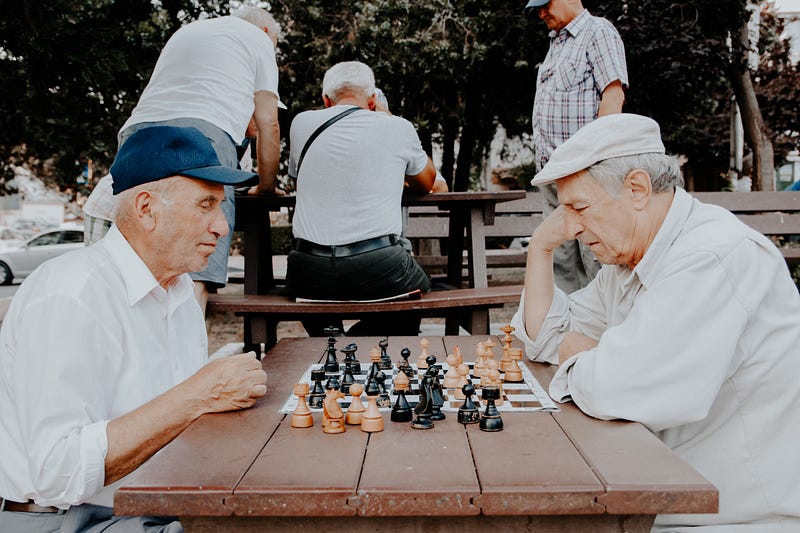Cognitive Reserve and Active Living: Keys to Successful Aging
Written on
Chapter 1: Understanding Cognitive Reserve
Our brains are not immune to the effects of aging, but some individuals experience a more graceful transition than others. A select group, often referred to as cognitive superagers, exhibit unique brain characteristics, such as larger brain cells in specific areas. However, you don’t need to be a superager to age successfully; brain plasticity remains throughout life, albeit at a decreasing rate. This means that your younger years are crucial for establishing cognitive reserve.
Cognitive reserve acts as a safeguard against the impacts of brain damage, supported by resilient and active neural networks. It is typically assessed through factors such as educational attainment, job complexity, and lifestyle choices. Research has shown that a robust cognitive reserve can delay the onset of symptoms related to Alzheimer’s disease.
Section 1.1: The Body-Mind Connection
Our brain is part of a larger system—it is not isolated from the rest of our body. The best way to support all organs, including the brain, is through exercise. Regular physical activity not only releases brain-protective proteins but also strengthens neural connections and maintains mitochondrial health. You don’t need to be an elite athlete; even moderate physical activity can yield significant benefits. Engage in activities that elevate your heart rate and involve muscle engagement.
Interestingly, the positive effects of exercise can be more pronounced in older adults, counteracting many age-related declines.
Subsection 1.1.1: Exercise and Longevity

Section 1.2: Combining Cognitive and Physical Activities
Recent research has examined the interplay between early cognitive development and physical activity later in life. An analysis of 1,347 Chinese participants aged 70 to 88 revealed three distinct groups: cognitively normal individuals, those with mild cognitive impairment, and individuals exhibiting successful cognitive aging.
The successful cognitive aging group showed a higher proportion of women, advanced educational and occupational backgrounds, greater satisfaction with memory, and more frequent engagement in mental activities compared to the other groups.
Digging deeper into the data, researchers identified two key factors: early-life cognitive reserve, which encompasses educational and occupational achievements, and late-life leisure activities, which include mental, physical, and social engagements. A decrease in late-life leisure activity correlated with an increased risk of mild cognitive impairment.
The conclusion suggested that both early-life cognitive reserve and late-life leisure activities are significant indicators of successful cognitive aging, advocating for the promotion of lifelong intellectual enrichment to bolster cognitive performance in older age.